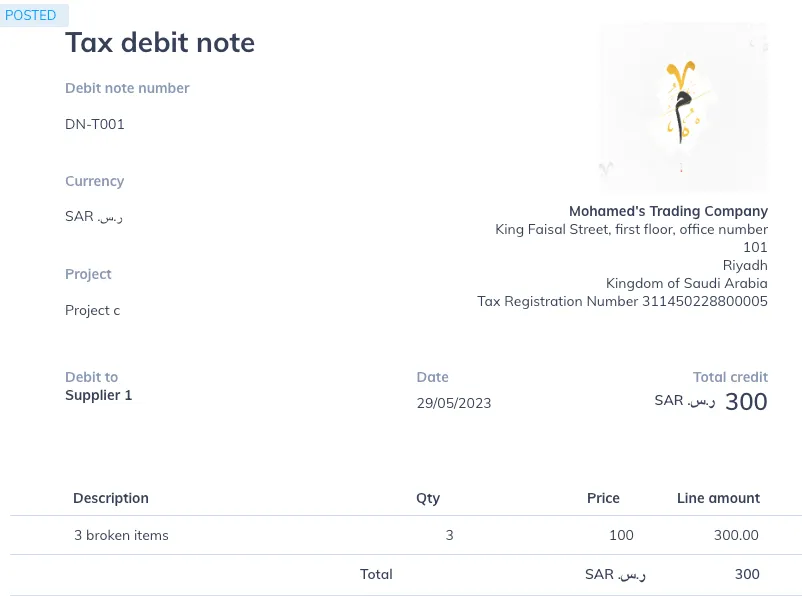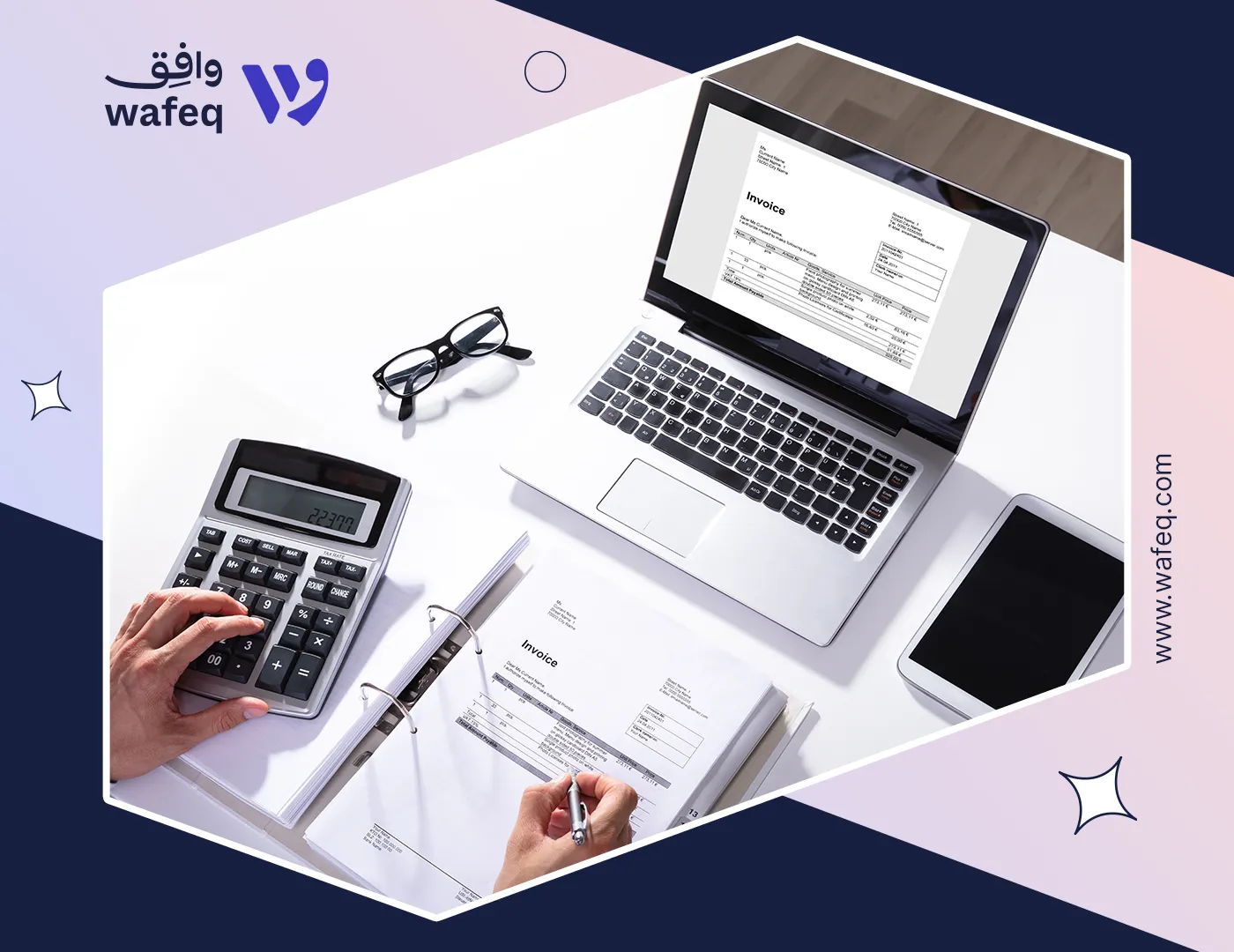Debit Note: Definition, Importance, and Free Downloadable Template

In the broad spectrum of business finance, the devil is indeed in the details. The fine print is where transactions are tracked, monitored, and regulated. This is where the debit note, a seemingly unassuming document, comes into play. But what exactly is a debit note, why is it so crucial, and how does one create one? Let's delve into the matter.
Free Downloadable Template to Use
Think of the debit note as a mini-statement sent by one company to another acknowledging a monetary obligation. This obligation is not just limited to the return of goods or overcharges. It could also be due to discrepancies in the invoice, errors in delivery, or other issues that might necessitate a revision in the financial agreement between the two parties.

Click Here to download
What is a debit note?
What is a debit note?
In simple terms, a debit note is a commercial document issued by a buyer to a seller to request a credit note formally.
This typically happens when goods are returned or when there is an overcharge. In essence, the debit note acts as a record of the financial adjustment required to balance the books between the two parties.
What's Included in a Debit Note?
The contents of a debit note are essential for its validity and usefulness. Here are the key components typically included in a debit note:
- Buyer's and Seller's Details: Full names, addresses, and contact information of both parties.
- Debit Note Number: A unique identification number for tracking and record-keeping purposes.
- Date: The date when the debit note is issued.
- Reference Invoice Number: The related invoice number tied to the transaction.
- Reason for Issuance: A clear and concise explanation behind the issuance of the debit note.
- Amount to be Debited: The total sum to be debited or adjusted in the seller's account.
- Signatures: The signatures of the authorized personnel issuing the debit note.
Importance of Debit Notes
The debit note plays a vital role in keeping track of transactions and maintaining transparency between trading parties. By documenting discrepancies or changes in transactions, it aids in reconciling accounts and maintaining accurate financial records. Furthermore, debit notes are essential for auditing purposes as they serve as proof of financial adjustments made over a certain period.
Common Mistakes
While debit notes may appear straightforward, certain common mistakes can render them ineffective or even complicate matters:
- Incorrect Information: Failing to include correct and detailed information about the reason for the debit note can cause confusion.
- Neglecting Timing: Debit notes need to be issued promptly after the realization of a discrepancy or a change. Delays can lead to discrepancies in accounting records.
- Ignoring Legal and Financial Regulations: Each country has specific laws and regulations about how debit notes should be handled. Ignoring these can lead to legal and financial issues.
Steps to create a debit note on Wafiq:
- From the main menu on the left side of the screen, under Purchases, select Debit Notes, then click Add Debit Note.
- Enter the debit note data in the indicated fields, such as the number, supplier, currency, and date, as well as enter the purchase order number for the products for which you are creating the debit note.
- Below these details, you will find fields for the product details, such as description, account, quantity, and price. You can also add a cost center or tax rate (where you can select it directly from the drop-down menu, or click "Add Tax Rate" to enter it manually).
- Regarding tax, there are two options where you can determine the price "inclusive of tax" or "tax-free".
- To add another product to the debit note, click on "Add a line" to enter the new product data. To save the debit note as a draft for later modification, click Save as Draft from the upper right corner, or click Save to finalize it.
More details in our article about Creating debit notes in Wafeq.
Conclusion
Debit notes, while small components in the big machine of business finance, hold a significant place in ensuring a smooth operation. They uphold transparency, maintain accuracy, and help in keeping a clean financial ledger, which in turn builds a strong foundation for any business.
Start with Wafeq
Start with Wafeq
While we've offered you the basics of a debit note if you want more features, options, and a comprehensive solution to all your accounting/business needs, consider using Wafeq, the complete software for all your business needs.






![How to Prepare a Price Quotation for companies [with Free Template Download]](https://firebasestorage.googleapis.com/v0/b/wafeq-docs.appspot.com/o/medias%2F531f7990_كيفية إعداد نموذج عرض سعر للشركات [مع تنزيل مجاني].png?alt=media)
![Payment Vouchers Explained: Purpose, Format, and Best Practice [Free Template]](https://firebasestorage.googleapis.com/v0/b/wafeq-docs.appspot.com/o/medias%2F1af56400_سند الصرف_ الغرض والنموذج وأفضل الممارسات [مع نموذج مجاني].png?alt=media)


